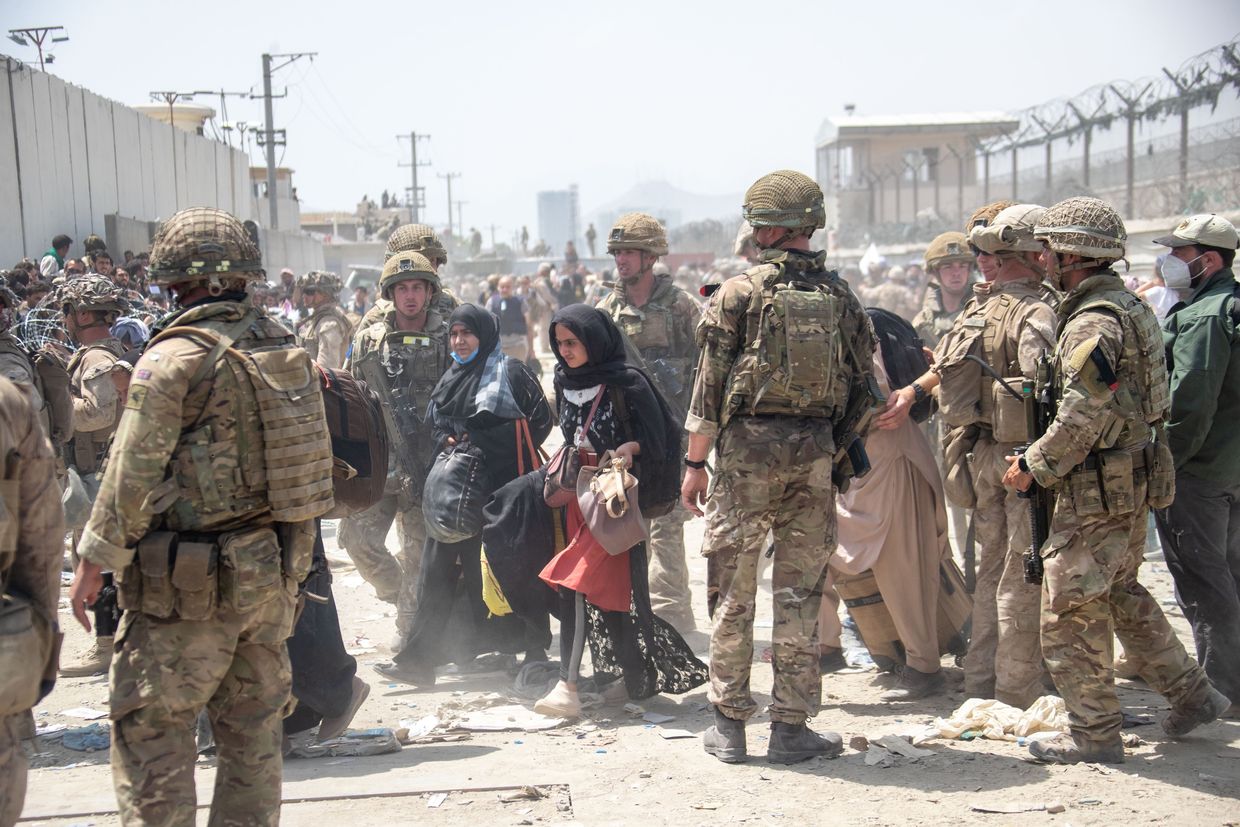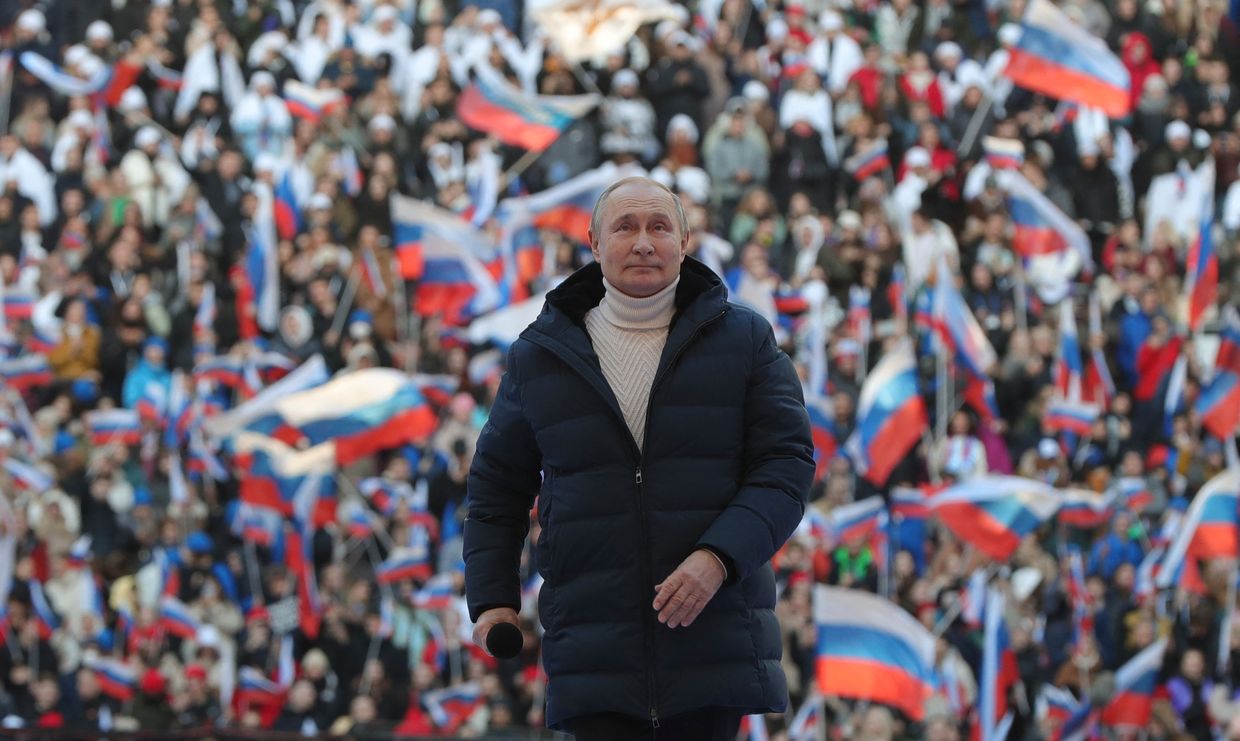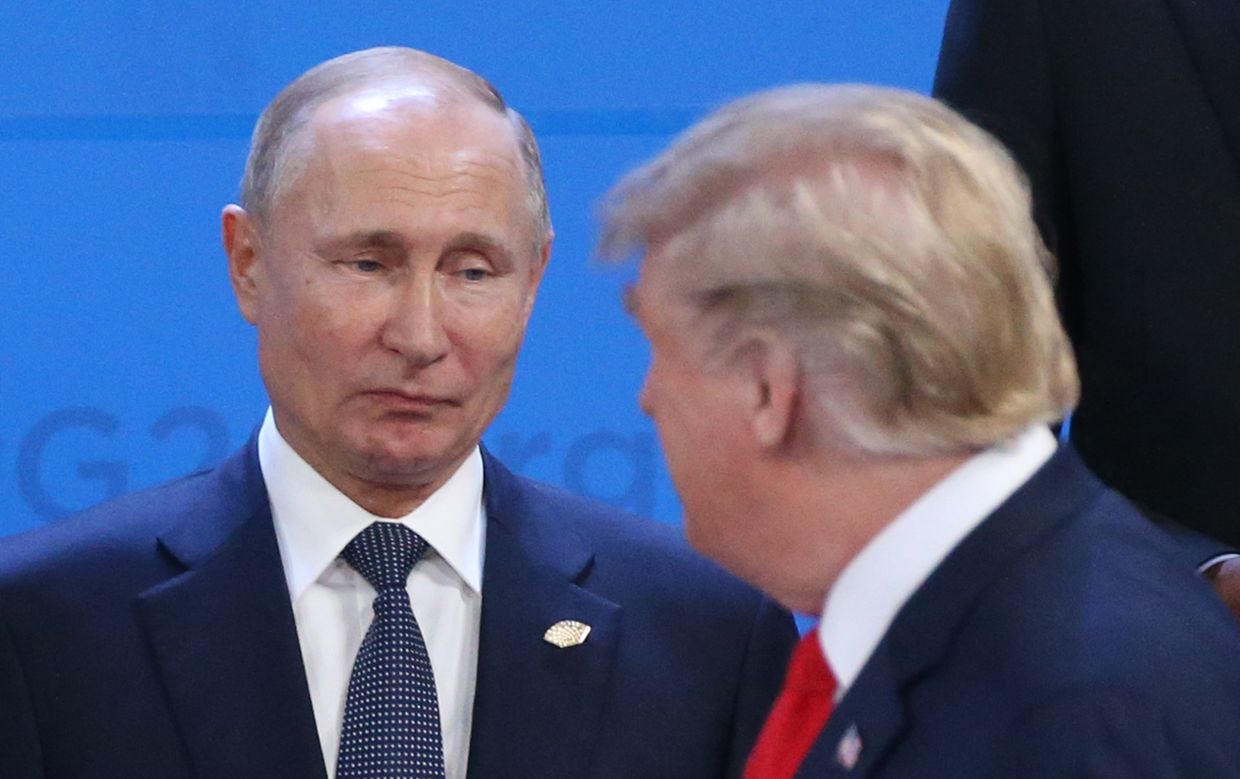Vue normale
-
NYT > World News
-
Why So Many Afghans Have Been Forced Out of Iran
More than 1.4 million Afghans have been forced out of Iran since January amid a governmental crackdown. Elian Peltier, an international correspondent at The New York Times, reports from the Afghanistan-Iran border. There, he met with Afghans grappling with an uncertain future, as they return to a country with widespread poverty and severe restrictions on women’s and girls’ rights.
-
NYT > World News

-
As Iran Deports a Million Afghans, ‘Where Do We Even Go?’
Afghans being forced out of Iran are grappling with an uncertain future in Afghanistan, where widespread poverty and severe restrictions on women and girls await.
As Iran Deports a Million Afghans, ‘Where Do We Even Go?’

© Jim Huylebroek for The New York Times
-
NYT > World News

-
As Iran Deports a Million Afghans, ‘Where Do We Even Go?’
Afghans being forced out of Iran are grappling with an uncertain future in Afghanistan, where widespread poverty and severe restrictions on women and girls await.
As Iran Deports a Million Afghans, ‘Where Do We Even Go?’

© Jim Huylebroek for The New York Times
-
NYT > World News

-
Afghan Women and Girls Deported From Iran Fear Returning to Afghanistan
“Get ready to cope” was the message from an aid worker to women returning to Taliban rule in Afghanistan after their expulsion from Iran.
Afghan Women and Girls Deported From Iran Fear Returning to Afghanistan

© Jim Huylebroek for The New York Times
-
NYT > World News

-
U.K. Secretly Resettled 4,500 Afghans in Britain After Huge Data Breach
The government said that information about 18,000 Afghans was accidentally revealed in 2022. A legal order had prevented any reporting on the subject.
U.K. Secretly Resettled 4,500 Afghans in Britain After Huge Data Breach

© Omar Sobhani/Reuters
-
The Kyiv Independent

-
ICC issues arrest warrants for Taliban leaders as Russia recognizes their legitimacy
The International Criminal Court (ICC) said on July 8 that it had issued arrest warrants for two senior Taliban leaders, accusing them of crimes against humanity and gender-based persecution following the group's takeover of Afghanistan in 2021. The move follows Russia's recognition of the Taliban as Afghanistan's legitimate government on July 3. Russia, which had previously designated the Taliban as a banned terrorist group, became the first country in the world to recognize it. In a statement,
ICC issues arrest warrants for Taliban leaders as Russia recognizes their legitimacy

The International Criminal Court (ICC) said on July 8 that it had issued arrest warrants for two senior Taliban leaders, accusing them of crimes against humanity and gender-based persecution following the group's takeover of Afghanistan in 2021.
The move follows Russia's recognition of the Taliban as Afghanistan's legitimate government on July 3. Russia, which had previously designated the Taliban as a banned terrorist group, became the first country in the world to recognize it.
In a statement, the ICC named Taliban supreme leader Haibatullah Akhundzada and Afghanistan's top judge Abdul Hakim Haqqani as suspects in a campaign of systematic oppression targeting women, girls, and others who do not conform to the group's rigid gender ideology.
The court said the alleged crimes took place across Afghanistan from the Taliban's return to power on August 15, 2021, and continued at least until Jan. 20, 2025. The suspects are believed to have played key roles in the enforcement of Taliban policies that led to "murder, imprisonment, torture, rape and enforced disappearance."
The persecution was not limited to women and girls, according to the ICC. The court said that men perceived as allies of women or opponents of Taliban ideology were also targeted.
The ICC emphasized that the Taliban implemented a state-led policy of repression that violated fundamental human rights and freedoms across the country.
Most of the international community has refused to formally recognize the Taliban regime due to its human rights abuses and failure to meet international standards.
Meanwhile, since Moscow's full-scale invasion of Ukraine in 2022 the Kremlin has deepened relationships with authoritarian regimes, including North Korea, Iran, and now the Taliban. Russia has expanded trade with Afghanistan and allowed Taliban officials to participate in Russian forums.
In December 2024, the Russian State Duma passed a law allowing certain groups, including the Taliban, to be removed from the country's list of banned terrorist organizations. The move paved the way for official recognition.
Putin has referred to the Taliban as "allies," and Lavrov has called them "sane people," despite the group's ongoing enforcement of strict Islamic law, including gender apartheid, public executions, and bans on women's education.
 The Kyiv IndependentDr. Gary E Myers
The Kyiv IndependentDr. Gary E Myers
-
The Kyiv Independent

-
Russia becomes first country to recognize Afghanistan's Taliban government
Russia became the first country to recognize the Taliban as the ruling government of Afghanistan on July 3, Russia's Foreign Ministry announced."We believe that the act of official recognition of the government of the Islamic Emirate of Afghanistan will give impetus to the development of productive bilateral cooperation between our countries in various fields," the Foreign Ministry said in a statement.The Taliban, an Islamist militant group, seized control of Afghanistan in August 2021 following
Russia becomes first country to recognize Afghanistan's Taliban government

Russia became the first country to recognize the Taliban as the ruling government of Afghanistan on July 3, Russia's Foreign Ministry announced.
"We believe that the act of official recognition of the government of the Islamic Emirate of Afghanistan will give impetus to the development of productive bilateral cooperation between our countries in various fields," the Foreign Ministry said in a statement.
The Taliban, an Islamist militant group, seized control of Afghanistan in August 2021 following the withdrawal of U.S. and NATO forces, toppling the Western-backed government.
Despite its control over the country, the Taliban-led administration has not been formally recognized by any other state due to its failure to meet international commitments on human rights, governance, and counter-terrorism.
Russian state media outlet TASS reported that Russian President Vladimir Putin made the final decision based on advice from Foreign Minister Sergey Lavrov.
As relations with Western governments fell apart following Moscow's full-scale invasion of Ukraine in February 2022, the Kremlin has increasingly looked to work closely with totalitarian regimes, including North Korea and Iran, to advance economic and military partnerships.
In recent years, Moscow has expanded engagement with the Taliban, deepening trade ties and investing in Afghan infrastructure. The Taliban also regularly participates in Russian economic and educational forums.
In recent months, Russia's Supreme Court ruled to suspend the ban on dealings with the Taliban, and Russia's State Duma passed legislation in December 2024 allowing the possibility of removing organizations from the list of banned terrorist groups.
Putin has previously referred to the Taliban as "allies," while Foreign Minister Sergey Lavrov has called them "sane people."
The Taliban, however, continues to enforce strict Islamic law, banning women from education, restricting social interactions, and carrying out the public stoning of women to death.
 The Kyiv IndependentThe Kyiv Independent news desk
The Kyiv IndependentThe Kyiv Independent news desk